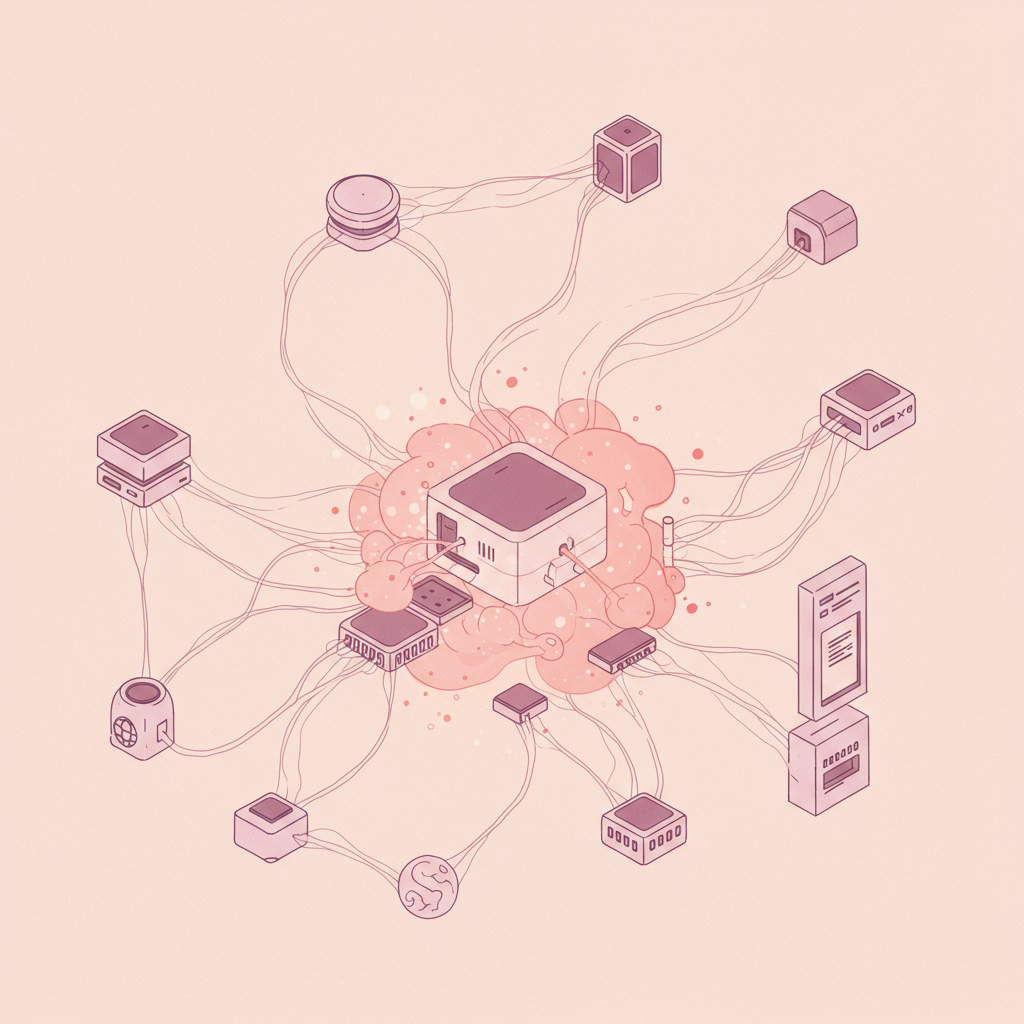Picking a new EHR or EMR system seems like a mountainous task. But, continuing with the daily struggle of dealing with an outdated, inefficient system is no longer tolerable.
You’ve made the scary decision to switch. We’ve created a guide to make this easier for you to shop for a new EHR for behavioral health.
TL;DR
The constant battle with fragmented patient records, slow data retrieval, and a lack of interoperability with other systems leaves your staff overwhelmed and patients underserved. You should ask about the following:
- Interoperability and Data Sharing
- Customization and Flexibility
- User Experience and Training
- Cost and Financial Constraints
- Regulatory Compliance
- Cross-departmental Coordination
You are ready to find a solution that solves these challenges. This will help your practice provide great care and succeed in the changing world of behavioral health and human services.
Make a list, check it twice
It’s critical that you become acutely aware of your wish list when picking a behavioral health EMR. Be completely honest with yourself and your team when deciding on what features you’re looking for.
What are the things you like about your current system that you cannot live without?
What are the things you don’t have now that you need to have with your new system? (because of regulatory or staff requirements, organizational bottlenecks, etc.)
What features in your current system are nice to have but you’ll get by without?
If you could dream up the ideal system or feature, what would it do? Ask about it. EHRs these days can do some cool stuff that you didn’t know was possible, especially with AI. You never know unless you ask.
Important things to consider in an EHR/EMR
Interoperability and Data Sharing
Nowadays, you have an array of different workflows related to client or patient information. Ensuring the new EHR system integrates seamlessly with other systems and eases smooth data sharing across different platforms is crucial. In software today, integration is the name of the game. EHR and EMR interoperability continues to be a problem, especially with the ones that have been around for a while. This almost always leads to fragmented patient records and inefficiencies.

How does your EHR system integrate with other healthcare systems and platforms we currently use?
Can you provide examples of successful integrations with other systems? What do they do?
What is your approach to building integrations with new systems?
Are you open to customers’ suggestions for integrations?
Customization and Flexibility
Behavioral health practices have unique needs that may not be fully addressed by generic EHR systems. The ability to customize patient-centric workflows, forms, and reports to fit specific practice requirements has been limited in the past. These days, however, customization is a major differentiator in the competitive EHR market.
How customizable is your EHR system to fit our specific needs?
What is the most common or popular custom feature?
Can we tailor workflows, forms, and reports to our practice's requirements? Can you show us how?
Are you open to customers’ suggestions for integrations?
Do you have a plan to implement AI? What does that look like?

User Experience and Training
The complexity of EHR systems can lead to a steep learning curve for staff. You want to choose software that your employees will be able to adapt as quickly and easily as possible. We know most of your staff didn’t join this field only to stare at a computer all day. Choosing an overly complex EHR that takes a considerable amount of time to learn will negatively affect adoption rates and can even contribute to failure of the implementation altogether. Managing change and training staff on big systems like this is a massive undertaking. Ensuring the system is user-friendly and that adequate training is provided is essential.
Where can I find examples of customer feedback?
Walk me through how I [insert important workflow/task here].
What kind of training and support do you offer during and after implementation?

Cost and Financial Constraints
The financial investment needed for a new EHR system, including implementation, training, and ongoing maintenance, is hefty. Balancing costs with the need for an effective system is a common challenge. It’s important that you enter this process knowing this will be one of your largest expenses. As it can be dangerous to spare expenses when it comes to the core processes of your business. You’re making an investment that has an impact on how your business will run 5 to 10 years from now.

What are the total costs involved, including implementation, training, and ongoing maintenance?
What is pricing based on and how does it scale with my business?
Are there any hidden fees or added costs we should be aware of?
Regulatory Compliance
Ensuring the EHR system complies with HIPAA and other regulatory requirements is critical to avoid legal issues and protect patient data. This is the ONE point where compromise is unacceptable. Remember the list of needs you made? HIPAA compliance belongs on it, no exceptions.
In addition, make sure that it’s easy for your compliance officers to pull reports. The less user-friendly, the less likely your compliance team will use it.

How does your EHR system ensure compliance with HIPAA and other relevant regulations?
How frequently do you update your system to comply with new regulations?
What measures do you have in place to ensure data integrity and prevent unauthorized access?
Are you SOC-II compliant?
What API protocols do you adhere to when integrating with other software?
What security measures are in place to protect patient data?
What training and resources do you provide to help our staff understand and adhere to compliance requirements?
Cross-departmental Coordination
Because an EHR is central to your operations, it touches multiple departments in your organization. It’s important to consider which added features or modules touch which parts of your company. For financial reasons, this may mean you can drop another software or two and consolidate. For change management, you’re going to have to train more people.
Proceed with caution.
Some EHRs tout the ability to do it all; patient engagement, Revenue Cycle Management (RCM), and Customer Relationship Management (CRM), to name a few. As you may guess, this is done to varying degrees of effectiveness and quality. In our opinion, a software that focuses on one or two things and does them well is a better bet than software that claims to do everything. Remember, integration is the name of the game.
Do you do billing?
Can I talk to patients through your system?
Do you have a patient portal?
Am I able to see how many referrals I get in a month? Week?
Can I create a referral management process through your system?
Are you able to tell me who my best referral sources are?

Conclusion: The EHR for Behavioral Health Buyers Guide
As we’ve shown you, there is much to consider. Fortunately, we’ve done the first phase of work for you; figuring out what to ask. We’ve talked with countless EHRs across the industry about their offerings and have gained a firm understanding of what’s available, whether it’s an EHR for behavioral health, Substance Use Disorder, Mental Health, Community Residential Services, Assisted Living, or otherwise.
Supportable offers a HIPAA-compliant Behavioral Health CRM that provides a unique referral management for mental health experience. It integrates seamlessly with existing EHR systems, ensuring flexibility and compatibility with your current tools and workflows.
We love integrating with EHRs and creating the best cross-application experience possible.
